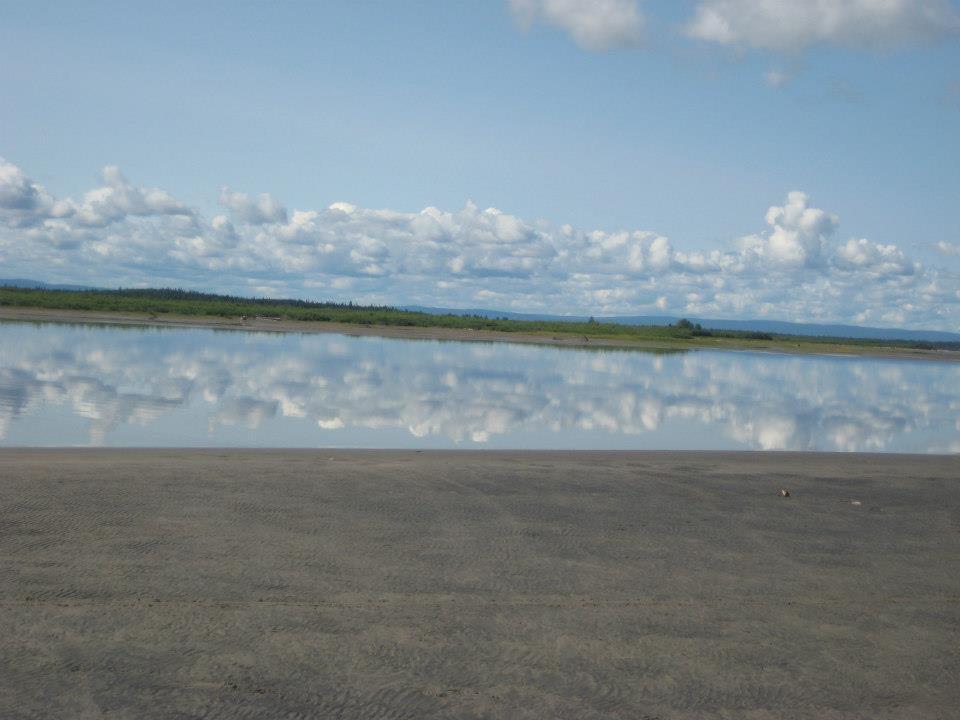Presentations on a workshop held on 18-20 September 2000 at National Center for Ecological Analysis and Synthesis in Santa Barbara, CA
The Arctic climate and hydrology is of utmost interest to GrandRiverKeeper Labrador, and we follow the research as closely as possible since we feel it does impact our climate, ocean behaviour and the economic and social impacts. A workshop was convened to identify several notable gaps in the current level of understanding of arctic hydrological systems. Rapidly emerging data sets, technologies, and modeling resources provide an unprecedented opportunity to move forward. ARCUS is a nonprofit organization consisting of institutions organized and operated for educational, professional, or scientific purposes to advance arctic research and education. The website is supported in part by the National Science Foundation under Cooperative Agreement No. PLR-1928794. We feel they provide sound research and this article provides great insights into further research needs. even after 20+ years, it points to important aspects to follow.
The primary goal of this workshop was to assess the current state of the art in arctic systems hydrology and identify the appropriate roles that NSF-ARCSS could play in supporting the relevant science.

Workshop organizers compiled a set of extended abstracts from participants detailing the individual presentations made at the workshop, titled NSF-ARCSS Workshop on Arctic System Hydrology: Meeting White Papers.
Download White Papers (PDF – 3.1 MB)
One of the presentations included this information:
The marine ecosystems that support northern fisheries have exhibited large-scale changes in recent decades. These changes are driven by interactions between environmental variation (e.g., temperature, salinity, currents) and the pressure of fishing. Figure 1, for example, shows correlations between cod catches, shrimp catches, and sea temperature off west Greenland. Common patterns in resource changes and their social consequences can be seen across a variety of policy regimes. Such patterns can be viewed as “empirical models” that suggest likely human dimensions of future climatic change. (Lawrence C. Hamilton
Sociology Department University of New Hampshire, Durham, NH 03824
This publication may be cited as: Hinzman, L., and C. Vörösmarty, eds. 2001. NSF-ARCSS Workshop on Arctic System Hydrology: Meeting White Papers. Fairbanks, Alaska: Arctic Research Consortium of the U.S., 86 pp.
____________________________________________
Mega Dams create MEGA DAMAGE! Are you concerned about the Grand River and the impacts of hydro development? Follow our blog and stay tuned to the latest reports and studies on the subject! GrandRiverKeeper Labrador Inc. monitors what’s happening and will keep you posted on topics of interest. Follow this link. https://blog.grandriverkeeperlabrador.ca/
___________________________________________
Our goal is to preserve and protect the water quality and the ecological integrity of the Grand (Churchill) River and its estuaries for present and future users and for posterity through actions of public awareness, monitoring, research, networking, intervention and habitat restoration. As such one of our key objectives is to bring awareness both locally and globally of the cumulative impacts associated with megadams that we become aware of through our research.
Views: 10
